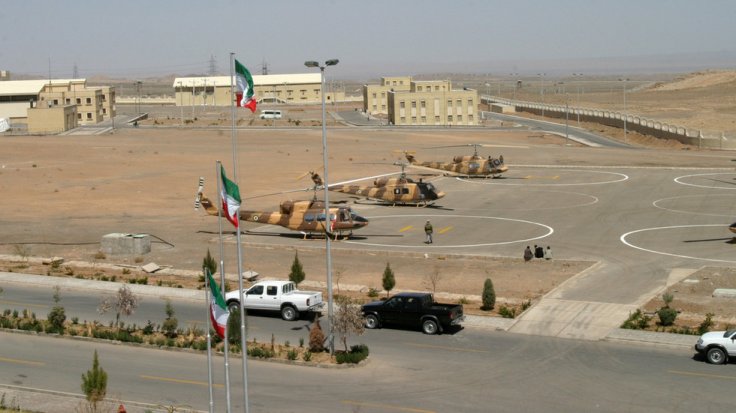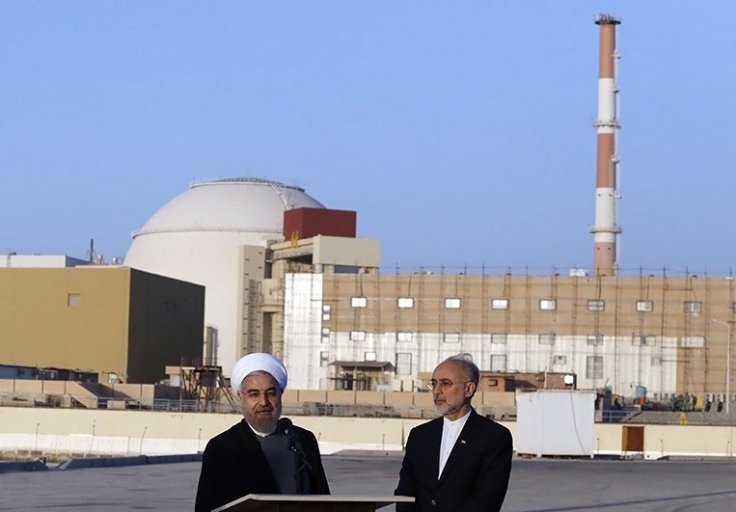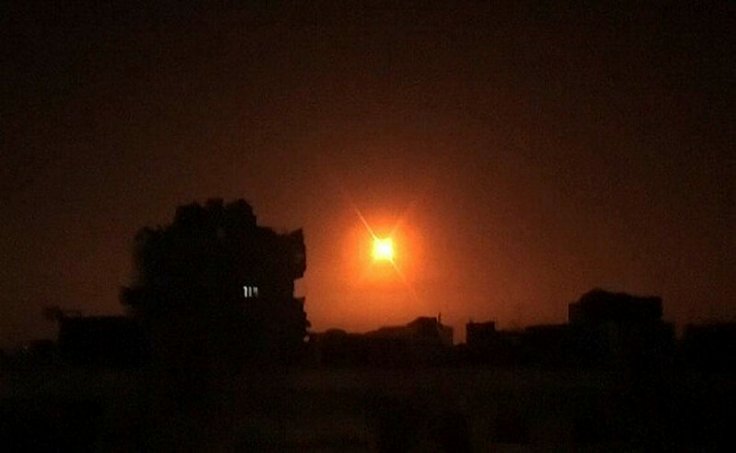Israel's Mossad reportedly launched a cyberattack against Iran's Natanz nuclear plant on Sunday.
The alleged attack by the Israeli spy agency caused extensive damage to Iran's most priced uranium enrichment facility.
In Israel, Prime Minister Benjamin Netanyahu summoned a session of the security cabinet even as tensions between Tehran and Tel Aviv flared.
In Iran, the country's top nuclear official said the attack was an act of terrorism.
Natanz Centrifuges Taken Down Hours After They Were Launched
The situation on Sunday triggered grave crisis in Iran and a state of high alert in Israel as the Natanz cyber attack led to the taking down of the new uranium enrichment machines hours after they were launched.

Tehran had initially said the blackout at Natanz was an accident, but later admitted that the nuclear facility had come under attack. Reports citing Israeli officials said the damage to Natanz was far greater than what was admitted by Iran.
Ali Akbar Salehi, Iran's nuclear chief, Iran has the right to take action against the perpetrators. He also said the International Atomic Energy Agency (IAEA) should address the issue of nuclear terrorism.
"Today's attack demonstrates that the enemies of Iran's progress and advancement in nuclear science, as well as nuclear negotiations, are in desperation committing terrorist actions against the nuclear technology at Natanz [nuclear facility]," Salehi said, according to Iran's IRGC.
The Timing of the Attack
Significantly, the attack happened immediately after Iran said Iran said it was launching as many as 150 new uranium enrichment centrifuges at Natanz. A similar attack in last July, which was carried out by Israeli' cyber warfare agencies, had damaged about 1,000 centrifuges at Natanz.

Iran had also marked the 15th anniversary the National Nuclear Technology Day on Saturday. Marking that occasion, President Hassan Rouhani said new uranium enrichment centrifuges were being added at the plant. "Today, a chain of 164 IR-6 centrifuges was launched," Rouhani said, adding that these can 'provide us with products 10 times more than the former chain."
Initially, officials Iran's Atomic Energy Organization said there was no human injuries or leaks at the plant. "The causes of the accident are under investigation and further information will be announced later," said its spokesman Behrouz Kamalvand.
Lawmaker Calls for Retaliation
Prominent Iranian lawmaker Ali Haddad called for fitting reply to Israel, not restraint. "Yesterday the assassination of a nuclear scientist and today the attack on the Iranian ship Saviz and the sabotage of the Natanz nuclear facility," the parliamentarian tweeted. "When commitment is translated as restraint, the Zionist enemy dares to strike more blows," he added.
Was Israel Behind Attack?
The Jerusalem Post said the Israeli Defence Forces (IDF) gave hints for its involvement in the attack.

IDF Chief of Staff Lt.-Gen. Aviv Kohavi said its actions in the Middle East are "not hidden from our enemies' vision," and that it acts to ensure the guarantee of Israel.
"By virtue of clever operational activities, the past year was one of the most secure years that the citizens of the State of Israel have known ... We will continue to act, combining power and discretion, determination and responsibility – all of this to guarantee the security of the State of Israel," he said, according to JPost.
Israeli Prime Minister Benjamin Netanyahu also made veiled reference to the Natanz attack, the newspaper said. "The struggle against Iran and its proxies and the Iranian armament efforts is a huge mission ... The situation that exists today will not necessarily be the situation that will exist tomorrow," Netanyahu said.









